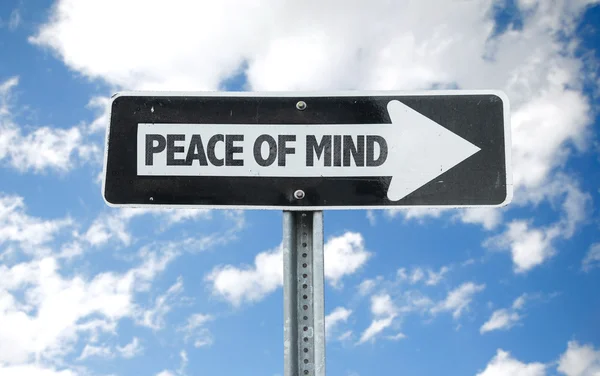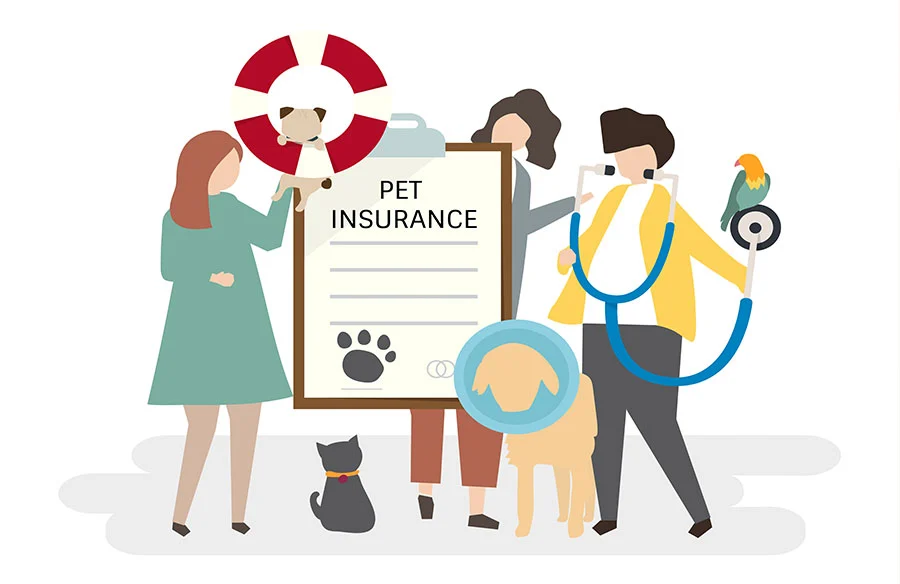Insurance is a crucial part of financial planning that protects you from unexpected expenses and ensures stability for you and your family. However, with so many types of insurance available, knowing what coverage you truly need can be overwhelming. This guide breaks down the essential types of insurance and how they protect different areas of your life.
Why Insurance Matters
Risk Protection and Peace of Mind

Life is unpredictable. Whether it’s a car accident, medical emergency, property damage, or loss of life, insurance helps absorb financial shocks and lets you focus on recovery rather than expenses.
Legal and Financial Security
In many cases, insurance is not just smart—it’s legally required. Health insurance, auto insurance, and homeowners insurance are often mandated by governments, lenders, or both.
1. Health Insurance
What It Covers
Health insurance covers medical expenses such as:
- Doctor visits
- Hospital stays
- Surgeries
- Prescription medications
- Preventive care (e.g., vaccinations, screenings)
Why You Need It
- Protects against high medical bills
- Encourages regular check-ups and early treatment
- Often legally required (depending on your country)
Choosing the Right Plan
- Evaluate premiums vs. deductibles
- Review network providers
- Understand copayments and out-of-pocket maximums
- Consider government plans like Medicaid or Medicare (if eligible)
2. Life Insurance

Purpose of Life Insurance
Life insurance provides financial support to your dependents in the event of your death. It helps cover:
- Funeral costs
- Debt repayment
- Income replacement
- Children’s education
Types of Life Insurance
- Term Life Insurance: Coverage for a set period (e.g., 10, 20, 30 years). More affordable.
- Whole Life Insurance: Lifetime coverage with a cash value component. More expensive.
- Universal Life Insurance: Flexible premiums and savings growth potential.
Who Needs It
- Parents with young children
- People with significant debt
- Spouses who provide household income
- Business owners
3. Auto Insurance
Legal Requirement
Most countries require at least liability coverage for drivers.
Types of Coverage
- Liability Coverage: Covers damages to others if you’re at fault
- Collision Coverage: Covers damage to your car from accidents
- Comprehensive Coverage: Covers non-collision damage (theft, weather, vandalism)
- Uninsured/Underinsured Motorist: Covers you if the other driver lacks insurance
How to Choose
- Compare quotes and coverage limits
- Consider vehicle age and value
- Ask about discounts (safe driver, bundled policies, anti-theft devices)
4. Homeowners Insurance
What It Covers
- Dwelling and structural damage
- Personal belongings
- Liability protection
- Additional living expenses if displaced
Add-ons and Exclusions
- Flood and earthquake coverage usually separate
- High-value items (jewelry, art) may need extra protection
Renters Insurance
For those who rent, this covers personal belongings and liability but not the structure.
5. Disability Insurance
Why It’s Critical
If you’re unable to work due to illness or injury, disability insurance replaces a portion of your income.
Short-Term vs. Long-Term Disability
- Short-Term: Covers a few months, often through employer benefits
- Long-Term: Kicks in after short-term runs out and can last for years or until retirement
Who Needs It
- Anyone reliant on a paycheck
- Especially important for self-employed individuals
6. Long-Term Care Insurance
What It Covers
Assists with daily living activities if you develop a chronic illness or disability:
- Nursing home care
- In-home care
- Assisted living facilities
When to Buy
It’s more affordable when purchased in your 50s or early 60s. Waiting too long can lead to denial or higher premiums.
7. Travel Insurance
What It Covers
- Trip cancellations
- Lost luggage
- Medical emergencies abroad
- Evacuation services
Is It Worth It?
Yes, especially for expensive international travel. Choose coverage based on trip cost, destination, and health risks.
8. Pet Insurance

What It Covers
Veterinary care, surgeries, prescriptions, and chronic conditions for pets.
Types
- Accident-only
- Accident and illness
- Comprehensive (including routine care)
9. Business Insurance
Who Needs It
Entrepreneurs, freelancers, and small business owners.
Types of Business Insurance
- General Liability: Covers accidents, injuries, and legal fees
- Professional Liability: Covers service-related mistakes (especially for consultants, lawyers, etc.)
- Business Interruption: Replaces income lost due to temporary shutdown
- Commercial Property Insurance: Covers business premises and equipment
10. Umbrella Insurance
What It Does
Provides extra liability protection beyond existing policies (auto, home, etc.). Helpful in lawsuits involving large sums.
Who Should Consider It
- High-net-worth individuals
- People with significant property or assets
- Public figures or professionals at higher legal risk
Choosing the Right Insurance Mix
Evaluate Your Needs
Not everyone needs every type of insurance. Key considerations:
- Family size
- Health condition
- Career and income stability
- Property ownership
- Travel frequency
Bundle and Save
Many providers offer discounts when you combine policies (auto + home, life + disability, etc.).
Periodic Review
Reassess coverage annually or after major life changes (marriage, home purchase, childbirth, etc.).
Also Read : How To Choose The Right Insurance Policy For Your Life
Conclusion
Insurance is more than just a financial product—it’s a safety net that secures your health, loved ones, property, and future. Understanding the different types of insurance and selecting the ones relevant to your life stage, lifestyle, and income can help you avoid devastating financial setbacks. Take the time to evaluate your needs, shop around, and consult a licensed insurance advisor if necessary. The right coverage gives you peace of mind today and stability for tomorrow.
FAQs
1. What are the most essential types of insurance for most people?
Most people should prioritize health, life, auto, and home/renters insurance. Others like disability or umbrella insurance may depend on personal circumstances.
2. Can I have multiple life insurance policies?
Yes, you can hold multiple policies to cover different financial needs or life stages.
3. When is the best time to buy insurance?
The earlier, the better—especially for life and long-term care insurance, since premiums are lower when you’re young and healthy.
4. What’s the difference between term and whole life insurance?
Term life covers a specific period and is cheaper. Whole life lasts your entire life and includes a cash value component.
5. Is renters insurance worth it?
Yes. It’s affordable and protects your belongings, even if you’re not responsible for the property itself.









